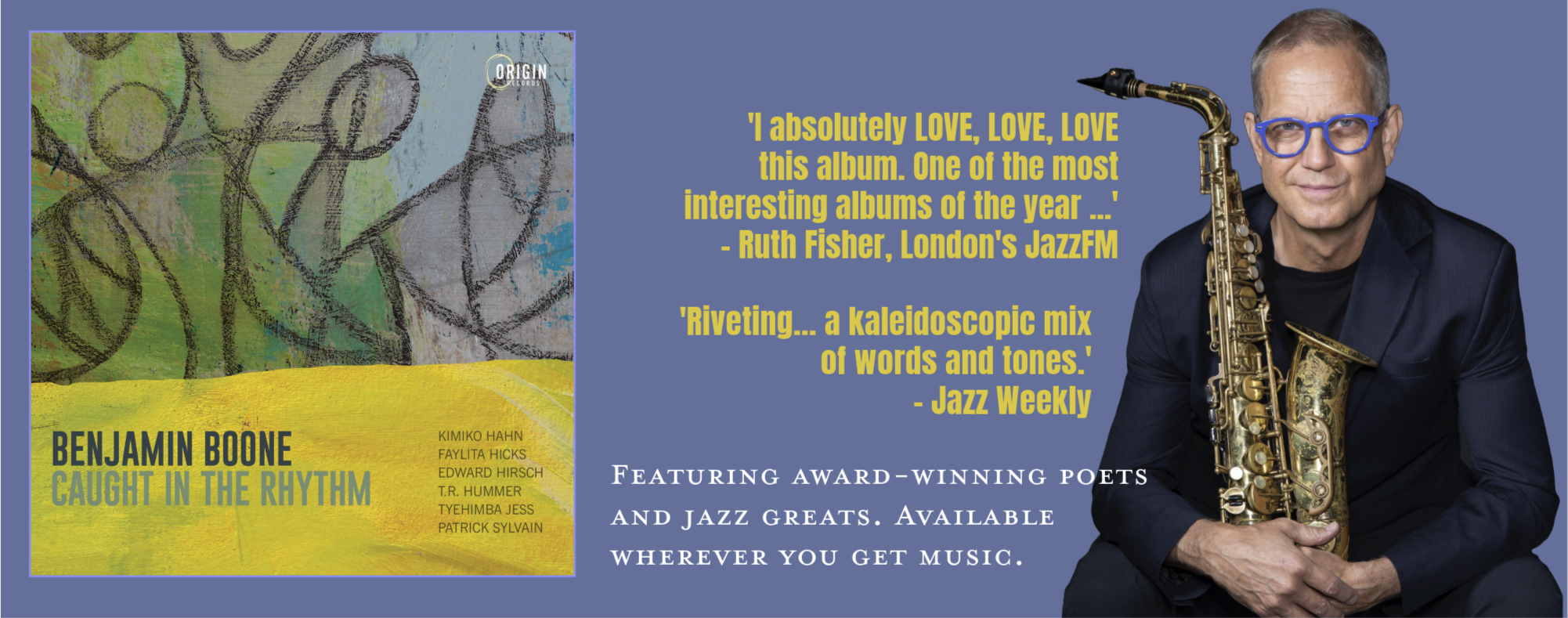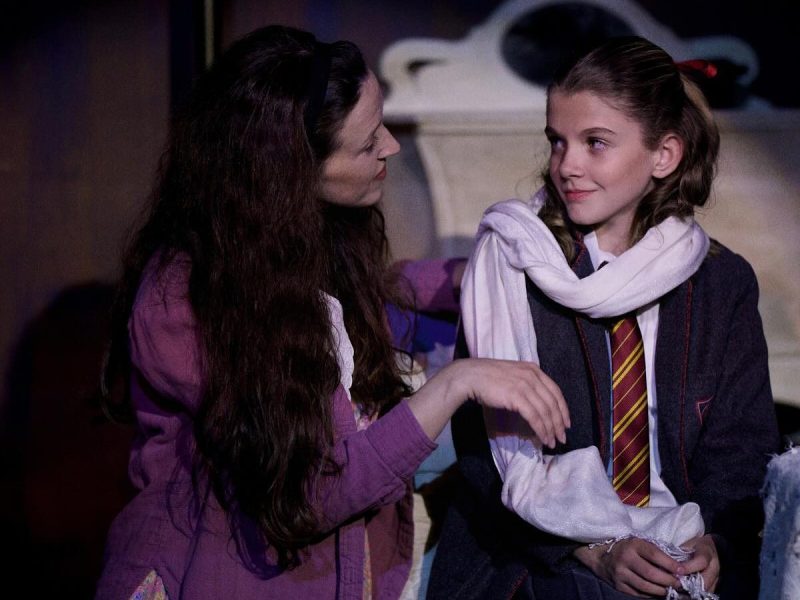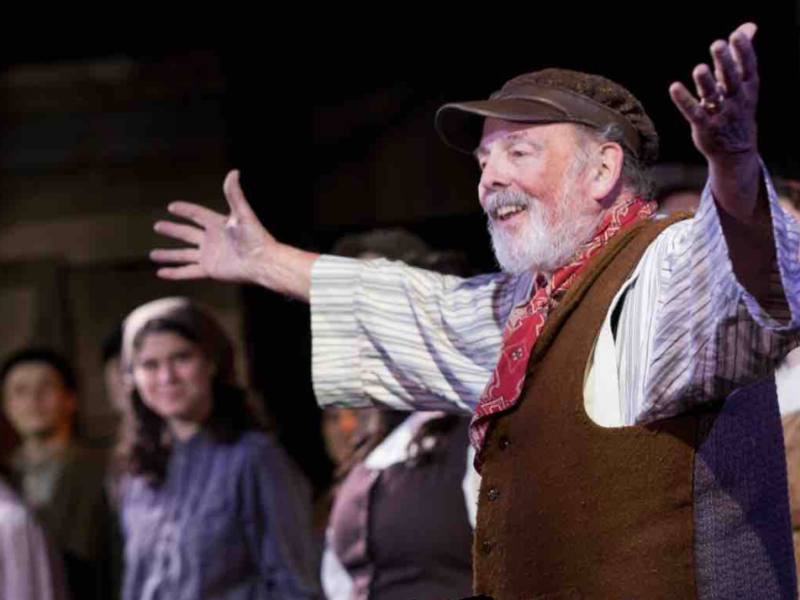How important is the understudy? For Shine Theatre’s ‘In the Next Room (or the Vibrator Play),’ Kylee Leyva is the reason the show goes on.
All hail the mighty understudy.
Without these almost-always-forgotten local performers, most often relegated to a few lines of small type in the program, the Fresno-area theater scene would have shut down entirely in January. The omicron variant threatened productions large and small (Good Company Players’ “Months on End” and “Guys & Dolls”) and took some down completely (Selma Arts Center’s “The SpongeBob Musical.”) With so many cast members testing positive for COVID-19, understudies saved the day in the GCP productions.
Pictured above: Kylee Leyva was part of the productions ‘This Random World’ and ‘Blithe Spirit.’ Now she’s saving the weekend in ‘In the Next Room (or The Vibrator Play.’)
The same is true for Shine! Theatre and its new production of Sara Ruhl’s “In the Next Room (or the Vibrator Play),” which opens Friday, Feb. 11, for a two-weekend run at the Back Room at the Revue. Kylee Leyva, the designated understudy covering all three female roles in the play, is stepping in for at least the two performances after the actress Britt Monahan had to call out sick. Without Leyva, the show would not have been able to go on.
Other cast members in the show include Arium Andrews, Anthony teNyenhuis, Jennifer Peterson, Michael Peterson, Brook Aiello and Isaac Birnbaum.
Related story: SELMA ARTS CENTER POSTPONES ‘THE SPONGEBOB MUSICAL’ TO SUMMER BECAUSE OF COVID CONCERNS
I talked to Leyva, who is making her Shine! debut, by phone and email to talk about her big weekend.
Q: You’ll be performing the role of Mrs. Daldry in the show on opening night and the following performance on Saturday. When did you learn that you, as the understudy, would be going on?
A: We knew that on Monday, 1/31, the cast was notified that the actress had tested positive for COVID-19 and that I would be stepping in during the week until she could return. On Saturday, 2/5, we were told that the actress was still testing positive and still battling symptoms. The director decided that I would go on into tech week and was notified along with the cast that I would be stepping in for the opening weekend.
Q: You understudy three roles in the show. How in the world have you kept all the lines and blocking straight?
A: This question always makes me laugh a little because everyone has asked me this. I didn’t realize going into it that this would be something that isn’t all that common. But my process has been relatively simple, honestly. I’ve looked at the script as though it were my favorite movie. Everyone memorizes their favorite lines and when specific actions and events happen in the storyline. I’ve watched the actors perform this countless times and have just appreciated their work as though they’re my favorite Harry Potter film!
Q: You understudied a role in Good Company’s “My Cousin Rachel” and never had to go on. This is a weird position to be in — I’m sure that many understudies would like the chance to play their role (or roles) on stage, but for that to happen, something unfortunate has to happen to the person whose role you’re covering, such as them getting sick. How does an understudy deal with those conflicting thoughts?
A: This had been weighing on me, going into tech week. It’s a very conflicting situation, as getting the chance to act during rehearsals and get the opportunity to perform excited me immensely. But there’s also a pang of guilt that comes with the excitement, as I recognize that I am not the actress cast in this role. And I have such deep respect for the actress that it’s also a personal level of stress added to it. I’ve managed through the support of everyone around me and just recognizing that this situation has almost become the “new normal” in our lives.
Q: In the pandemic age, it seems that the importance of understudies has increased. GCP has relied on them to keep its January and February schedule going. When you accepted the understudy role for “In the Next Room (or The Vibrator Play),” did you think to yourself your odds would be much greater that you’d have to cover a role?
A: I think that going into it, I did recognize that the probability of actually having to step in at some point was higher than pre-pandemic life. But I don’t think the reality set in until it was happening. While I was making sure I was off-book when the actors were required to be and being somewhat familiar with my blocking, I was a bit shaken when I got the call that it was all happening the week before tech week.
Q: Speaking of vibrators — yes, I admit that isn’t the smoothest transition I’ve written — Sarah Ruhl’s acclaimed play actually is not a cheery contemporary sex comedy, as some might assume. Instead, it’s a thoughtful period piece with a love story and a feminist bent. Tell us a little about the premise of the show.
A: The show is set in the late 1800s, and it takes place in the home of Dr. Givings and his wife Catherine Givings, where Dr. Givings has his private practice in the adjoining room to the couple’s living room. When Dr. Givings takes on two new patients diagnosed with “hysteria,” Mrs. Daldry and Leonard Irving, the couple’s marriage is flipped upside down when the doctor’s treatment plan involves producing paroxysms (otherwise known as orgasms). This couple faces hardships throughout the show and ultimately learns how to love each other in their unique ways.
Q: You mention hysteria, which was actually a clinical diagnosis in Victorian times that was almost always given to women. How does hysteria figure into the plot? While it’s obviously not a medical term anymore, do you think the label is still applied to women today?
A: I think that what happens in Mrs. Daldry’s case is that she is simply depressed in her marriage by not expressing herself. We see her on several occasions define herself wildly. And it’s pretty beautiful. But in scenes with her husband, you can see the pullback in her, and I feel that is accurate to the period and this pressure to hide who you truly are to seem proper. This inevitably causes a depression that men at the time would just label as “hysteria.”
The Munro Review has no paywall but is financially supported by readers who believe in its non-profit mission of bringing professional arts journalism to the central San Joaquin Valley. You can help by signing up for a monthly recurring paid membership or make a one-time donation of as little as $3. All memberships and donations are tax-deductible.
Q: You describe your character as lacking in confidence, at least in the beginning of the play. How does Mrs. Daldry change? In real life, do you consider yourself a confident person?
A: At the show’s beginning, we see a drawn-back, reserved young woman who repeatedly stiffens her voice. Still, as the story progresses, she emerges into her being — finding not only her confidence but herself as a woman. To answer your second question, I believe I am a confident person in some aspects of my life. Like Mrs. Daldry, I find myself drawing back during certain events and around certain people, as most of us do.
Q: Pure speculation here: Do you think the fact that “vibrator” is in the title is the reason it took so long for this 2009 play to make it to Fresno?
A: I mean to answer it plainly; yes. It’s a brave choice for any company to produce simply because of the name, but I think everyone must know that it’s so much more than a tongue-in-cheek comedy of “orgasms” and “vibrators.” It’s a beautiful story of a marriage, of love, and of people finding who they are and building the confidence to express that. I’m so incredibly proud and lucky to be involved in a story like this.
Q: You’ll be performing in Shine Theatre!’s new venue, the Revue. How is director tony sanders using the space? What can you tell us about his vision for the play?
A: The space is beautifully intimate. With a play like this one, I think it does a beautiful job of opening up the audience to experience the relatability of the show’s context. With tony sanders’ initial vision of technology pulling us away from moments of intimacy, the audience gets to see the impact this device has on every individual who touches it. Then with his influence on themes of women taking control and power over themselves and their bodies, you as an audience member get a close, intimate look into the actors’ minds and process of expressing every thought. I believe the space to be perfect for this type of show.
Q: Anything else you’d like to say?
A: This show relates to today’s society and everyday struggles; I feel like everyone needs to experience this! “In The Next Room” is a story that will touch everyone’s hearts in more ways than one.










Gerald Palladino
Chester and I attended opening night and were delighted with the play and the wonderful performances. The intimate venue and lovely set only added to the warmth of this theatrical gem. Kudos to tony Sanders, Shine! and the great cast. This is not to be missed!!!!